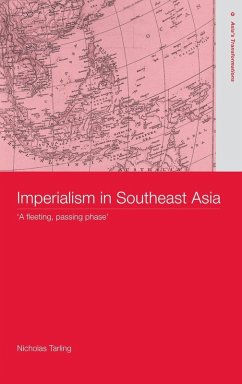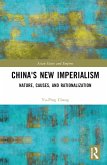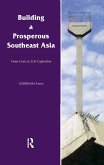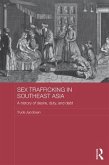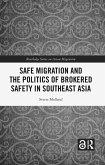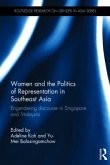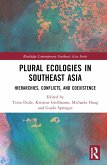Imperialism in South East Asia examines all the countries which might be called imperialist: Britain, France, Spain, the Netherlands and the US. Examining the phenomenon from this perspective reveals imperialism as a question of rivalry; and facilitates comparison: imperialism had elements in common, yet differed as did the territories in which they operated. This is one of the only studies of imperialism to concentrate on South East Asia. Nicholas Tarling's definition of imperialism concentrates on the establishment of political control and a periodisation between 1870 and 1914. After this period, in more recent history, he analyses the attempts to re-establish control after the overthrow of imperial regimes in the second world war. Now, South East Asia has become a region of independent states, and Nicholas Tarling views imperial ventures as forms of state-building. The imperial period at the heart of this book reflects another contemporary concern - globalisation and the relationship of the state to that process.
Imperialism in Southeast Asia examines its subject against a backdrop of those countries that could at a given time be called imperialist: Britain, France, Spain, the Netherlands and the US. Examining the imperialist phenomenon from this wide-ranging perspective reveals imperialism as driven by rivalry; it also facilitates comparison: imperialism has elements in common, yet differs according to the territory in which it operates. This is one of the few studies of imperialism to concentrate on Southeast Asia. Nicholas Tarling's definition of imperialism focuses on the establishment of political control from 1870 to 1914. Moving forward in time, the author analyses attempts to re-establish control after the overthrow of imperial regimes in the Second World War. Most recently, Southeast Asia has become a region of independent states, and Tarling discusses imperial ventures as forms of state-building. At the same time, his discussion reflects another contemporary concern-globalisation and the relationship of the state to that process. Nicolas Tarling is an eminent writer in Asian history. His latest book will be of great interest to all those studying or involved in Asian studies, history and politics.
Hinweis: Dieser Artikel kann nur an eine deutsche Lieferadresse ausgeliefert werden.
Imperialism in Southeast Asia examines its subject against a backdrop of those countries that could at a given time be called imperialist: Britain, France, Spain, the Netherlands and the US. Examining the imperialist phenomenon from this wide-ranging perspective reveals imperialism as driven by rivalry; it also facilitates comparison: imperialism has elements in common, yet differs according to the territory in which it operates. This is one of the few studies of imperialism to concentrate on Southeast Asia. Nicholas Tarling's definition of imperialism focuses on the establishment of political control from 1870 to 1914. Moving forward in time, the author analyses attempts to re-establish control after the overthrow of imperial regimes in the Second World War. Most recently, Southeast Asia has become a region of independent states, and Tarling discusses imperial ventures as forms of state-building. At the same time, his discussion reflects another contemporary concern-globalisation and the relationship of the state to that process. Nicolas Tarling is an eminent writer in Asian history. His latest book will be of great interest to all those studying or involved in Asian studies, history and politics.
Hinweis: Dieser Artikel kann nur an eine deutsche Lieferadresse ausgeliefert werden.

